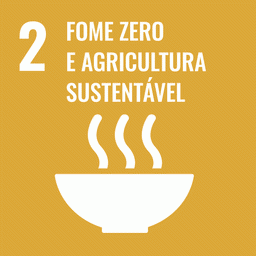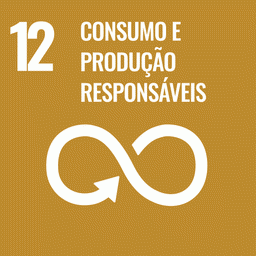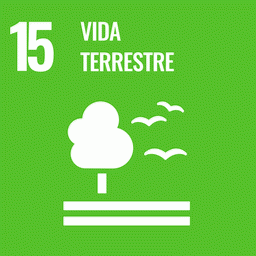Rising competition for crop usage presents policy challenges exacerbated by poor understanding of where crops are harvested for various uses. Here we create high-resolution global maps showing where crops are harvested for seven broad use categories—food, feed, processing, export, industrial, seed and losses. Yields for food crops are low relative to other crop-use categories. It is unlikely, given current trends, that the minimum calorie requirement to eliminate projected food undernourishment by 2030 will be met through crops harvested for direct food consumption, although enough calories will be harvested across all usages. Sub-Saharan African nations will probably fall short of feeding their increased population and eliminating undernourishment in 2030, even if all harvested calories are used directly as food.
Cartilha do Plano da Produção Familiar da Microrregião de Chapadinha
A cartilha do plano de produção familiar da microrregião de Chapadinha tem o objetivo de Fortalecer e orientar o planejamento da Produção Familiar, e sua respectiva estrutura de governança e gestão, na formulação e execução de ações, programas e políticas que visem...


